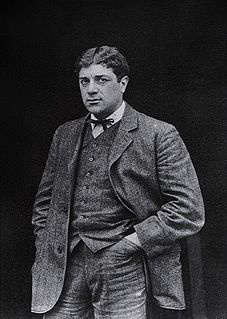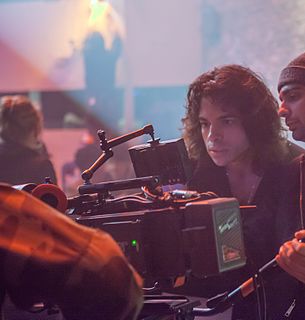A Quote by Rachel Hartman
Metaphor is awkward, but emotion, by its nature, leaves you no more scalable approach.
Related Quotes
So . . . middle school? Awkward.Having a hobby that's different from everyone else's? Awkward. Singing the national anthem on weekends instead of going to sleepovers? More awkward. Braces? Awkward. Gain a lot of weight before you hit the growth spurt? Awkward. Frizzy hair, don't embrace the curls yet? Awkward. Try to straighten it? Awkward!So many phases!
The facts of nature are what they are, but we can only view them through the spectacles of our mind. Our mind works largely by metaphor and comparison, not always (or often) by relentless logic. When we are caught in conceptual traps, the best exit is often a change in metaphor not because the new guideline will be truer to nature (for neither the old nor the new metaphor lies "out there" in the woods), but because we need a shift to more fruitful perspectives, and metaphor is often the best agent of conceptual transition.
Now with our Software Developer Kit (SDK), any developer can embed Emotion AI into the apps, games, devices, and digital experiences they are building, so that these can sense human emotion and adapt. This approach is rapidly driving more ubiquitous use of Emotion AI across a number of different industries.
My poems always begin with a metaphor, but my way into the metaphor may be a word, an image, even a sound. And I rarely know the nature of the metaphor when I begin to write, but there is an attentiveness that a writer develops, a sudden alertness that is much like the feel of a fish brushing against a hook.
In 'Gravity,' nearly everything is a metaphor for the main character. The way I tend to approach a film is that character and background are equally important; one informs the other. Here, Sandra Bullock is caught between Earth and the void of the universe, just floating there in between. We use the debris as a metaphor for adversity.
Whereas life separates meaning from emotion, art unites them. Story is an instrument by which you create such epiphanies at will, the phenomenon known as aesthetic emotion...Life on its own, without art to shape it, leaves you in confusion and chaos, but aesthetic emotion harmonizes what you know with what you feel to give you a heightened awareness and a sureness of your place in reality.
Moreover, metaphor is typically viewed as characteristic of language alone, a matter of words rather than thought or action. For this reason, most people think they can get along perfectly well without metaphor. We have found, on the contrary, that metaphor is pervasive in everyday life, not just in language but in thought and action. Our ordinary conceptual system, in terms of which we both think and act, is fundamentally metaphorical in nature.



































